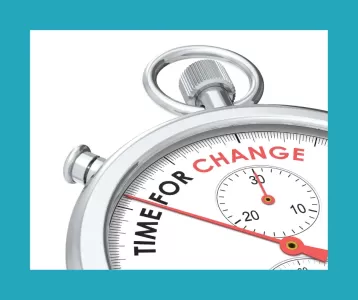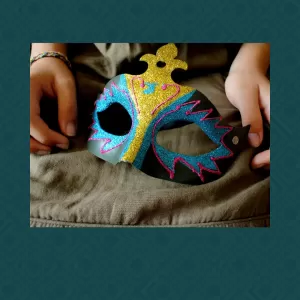Would you rather be Happy or have Joy?
The show talked about the acquired taste many of these products require. In fact, the taste and smells become markers for communities. A visitor sampling the local specialty might be offended by the smell and taste, while the locals consume the same with gusto. It’s the example of two different experiences from the same stimulus.
An example, not of fermentation, of an odorous food present in my childhood home was baked oysters. Our Thanksgiving dinner centered on the turkey, stuffing and gravy. It wouldn’t be complete without mashed potatoes, succotash, and a jello salad. These were what I would think about and smell cooking. But there were also the baked oysters. I hated the smell and they tasted worse. Mom and Dad thought these were yummy. What was worse was the rule about a “no-thank-you-helping” required putting some on our plate, guests were exempted. The ticket to dessert was a clean plate. Those oysters had to disappear to get a slice of pie. One year I tried hiding my oysters in a perfectly good pile of mashed potatoes in my unsuccessful attempt to get the oysters past my taste buds.
The oysters were but a part of the total Thanksgiving experience. The disgust and displeasure of that side dish was not enough to destroy that day of overeating, football playing, and family laughter.
I asked the question about “Would you rather be Happy or have Joy?” to differentiate a feeling in the moment from the overall experience. In the question, I use “Happy” to hold the place of a feeling or emotion of the moment. Having to eat the oysters brought up emotions of fear, dread and disgust. They compelled my focus when they became the last obstacle between me and getting a piece of pumpkin pie. Earlier in the meal the oysters weren’t as important when consuming those initial bites of gravy covered turkey and the potatoes. The contrast of the pleasure of those first bites to the disgusting oysters was profound and would be easy to have the issue with oysters diminish everything else. In this case, the other sensations such as the smells, sounds, appearances, and conversation of the day, dominated and together collectively produced in me a sense of “Joy.” This is an example of a disgusting experience being over-shadowed by all the pleasant experiences that surrounding that moment. The experience of Thanksgiving Day included the oysters and is remembered as being Joyful.
Why is being happy so elusive?
What does it take to have a life of happiness? It takes assembling enough enjoyable activities and moments around the less desirable experiences so in the end the scale tips to enjoyment. Great idea in concept, for many this is considered impossible. It might be surprising that what has made me successful in my career may be the primary reason it was hard for me to find things I enjoy.
Consider your career or even your current job. Most people will report they are happy with what they do and feel they do it well. Most will also report their path to their current role was a serendipitous path of taking advantages of opportunities as they appeared. Ask these same people what they would do if their job were to end tomorrow. How many would know what they would do to find the next job? Those without savings would likely launch an immediate search to find exactly what they were just doing as it is the most predictable way to successfully get the next job. What about those who did create a buffer for just such an event? What would you do? Do you love your job enough to be happy looking for the same in another company? Would you be happy doing this job for another ten years? Most people presented with this scenario are lost. Their career emerged by taking what was available and making lemonade.
To craft a life that you love requires the skills to create your opportunities. It also requires we know what makes us happy. Neither of these skills are required of you in your current job. It would benefit you and your employer if you had these skills and used them. Your productivity would improve, and your colleagues would also benefit. People who are happy are more productive. Those who know how to create their opportunities have more resiliency and sense of control over their lives. These skills are needed to build a life of sustained happiness not a career as a project manager.
Be honest about your experience of your life. Take in all the sounds, smells, and sensations along with where you are, who you are with, and what you are doing. These all contribute to your over all experience. Learn the skills needed to affect all of these areas and how to use them so you are able to say you are happy and you have Joy.









